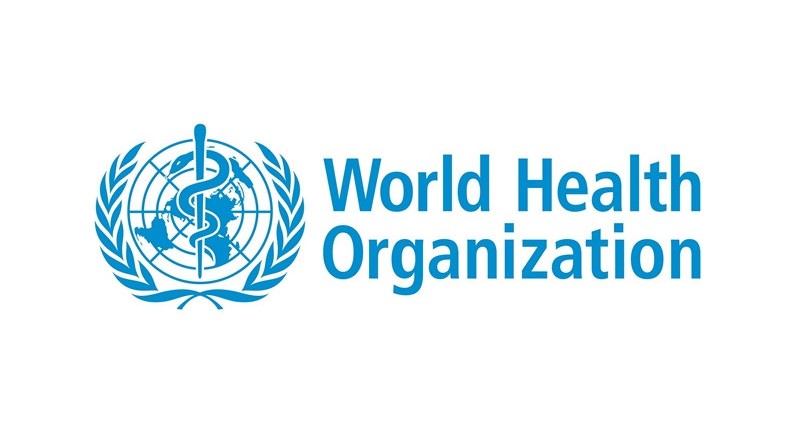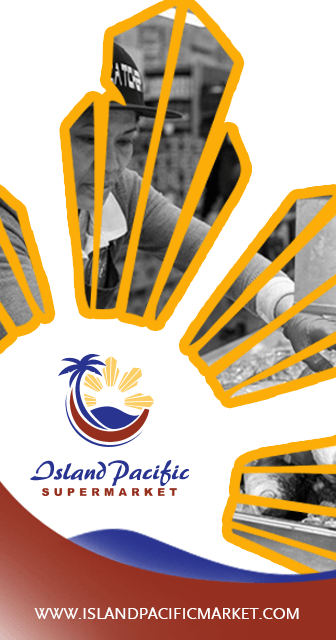
THE World Health Organization (WHO) on Wednesday, December 5, expressed their support on the Philippines’ move to increase the sugar-sweetened beverage (SSB) excise tax, revealing that doing such would prevent deaths caused by diabetes, stroke and heart failure.
Researchers from the organization said that imposing taxes would reduce the fatalities brought by the deadliest diseases aforementioned. They figured that due to the increase in the cost of sweetened drinks, the public would either cut their consumption or stop patronizing such products altogether.
“The new sugar-sweetened beverage tax may help reduce obesity-related premature deaths and improve financial well-being in the Philippines,” the researchers said as reported by Reuters.
The health organization stated that the tax imposed this year would lead to the reduction of 24,000 premature deaths for the next 20 years. It comprised of a perceived decrease of 6,000 diabetes-related deaths (25 percent), 8,000 stroke-related deaths (33 percent) and 10,000 heart failure-related deaths (42 percent).
The WHO favored the taxation initiated by the Philippines Department of Finance (DOF) and Department of Health (DOH) stating that a 10-20 percent hike in retail prices would eventually prevent the general public from purchasing such beverages.
“The SSB excise tax will help promote a healthier Philippines. Along with DOH, DOF supports this as part of a comprehensive health measure aimed to curb the consumption of SSBs and address the worsening number of diabetes and obesity cases in the country, while raising revenue for complementary health programs that address these problems,” the finance department stated.
The finance and health department of the country came up with the tax imposition as they realized that the “SSB products are easily accessible and can be found in almost any store, unlike other sweetened products. Most often, the poor and the children are not aware of their consequences.”
Earlier this year, the Bureau of Internal Revenue (BIR) included the imposition of excise tax on SSB in the first package of Tax Reform for Acceleration and Inclusion (TRAIN) Law. “An excise rate of P6 per liter will be taxed on drinks containing caloric or non-caloric sweetener, and P12 per liter on drinks containing high-fructose corn syrup. 3-in-1 coffee and milk are exempt from this tax.”
Aside from the building of infrastructure, the proceeds from the taxes would also be allocated to the healthcare savings of Filipinos totaling to P33 billion ($627 million) plus an annual revenue of P43 billion ($813 million).
“This is a measure that is meant to encourage consumption of healthier products, to raise public awareness of the harms of SSBs, and to help incentivize the industry to develop healthier products and complements,” the tax reform law stated.
European countries like the United Kingdom, Belgium, France and Hungary have adopted, or are about to adopt similar methods following the nearby Scandinavian nations who have used them for years.
Mexico also published a study in 2017 showing the impact of Mexico’s tax on sugary drinks. The study discovered that purchases were reduced by more than 5 percent in 2014, and nearly 10 percent in 2015, its second year.







